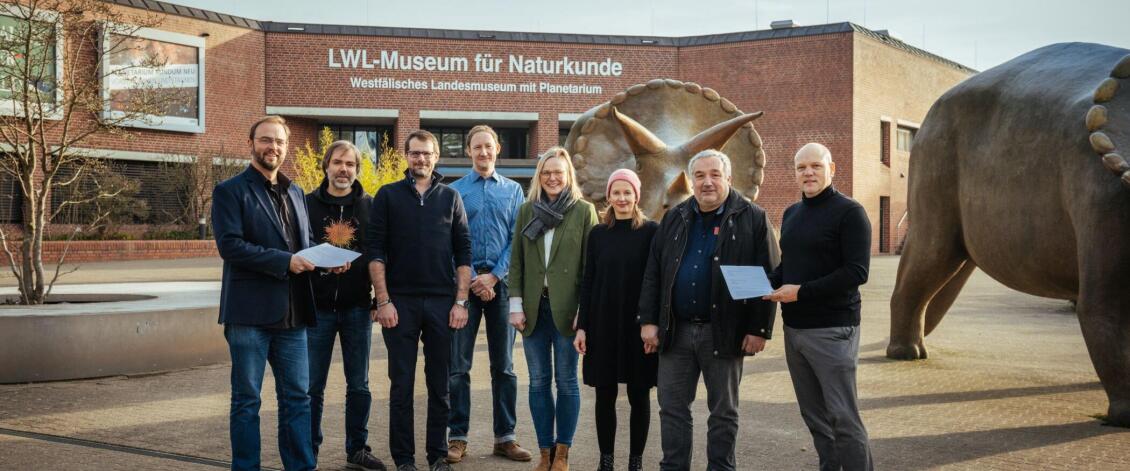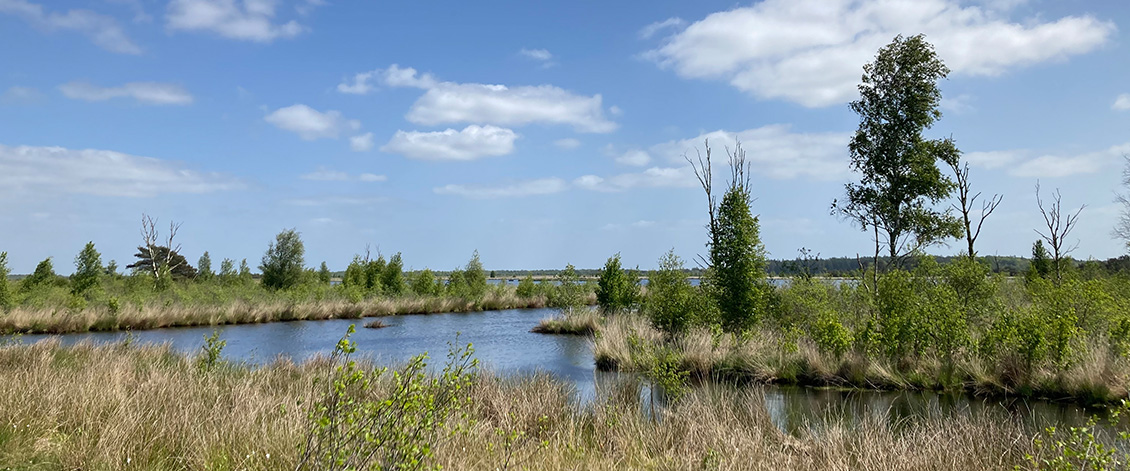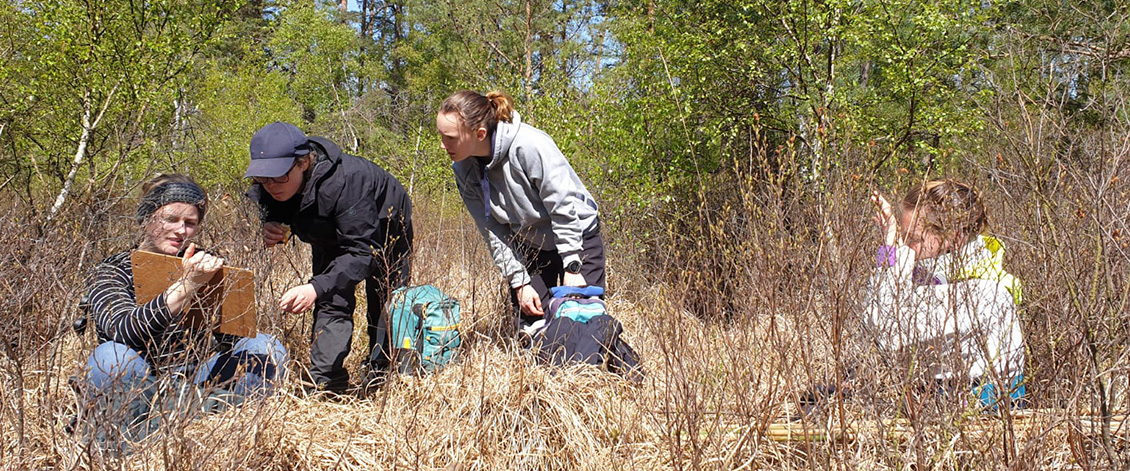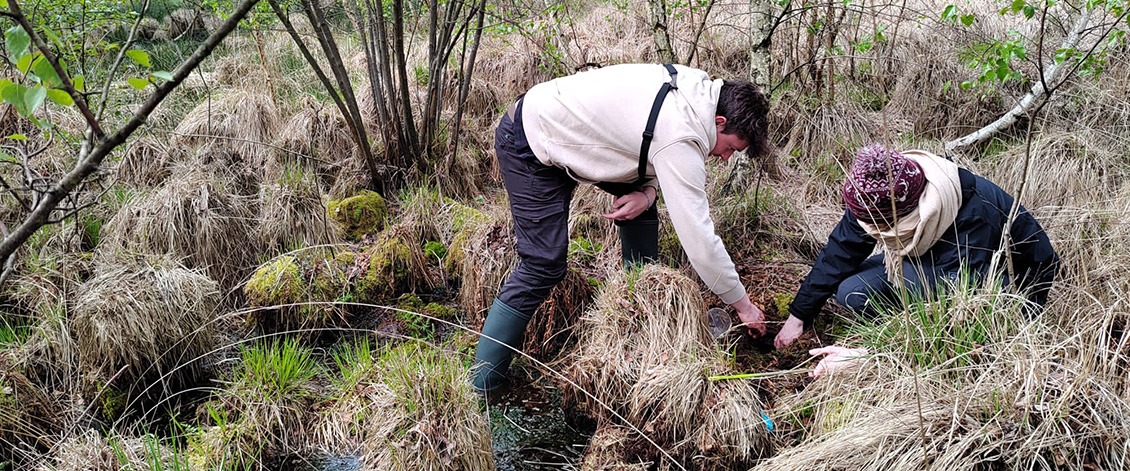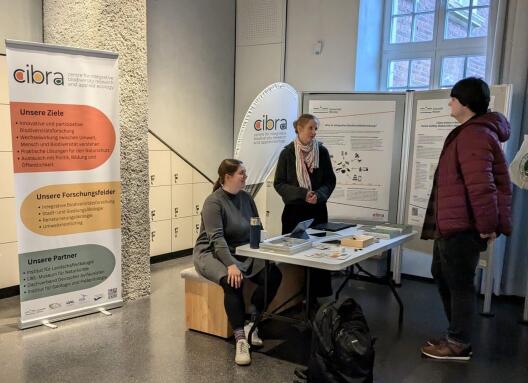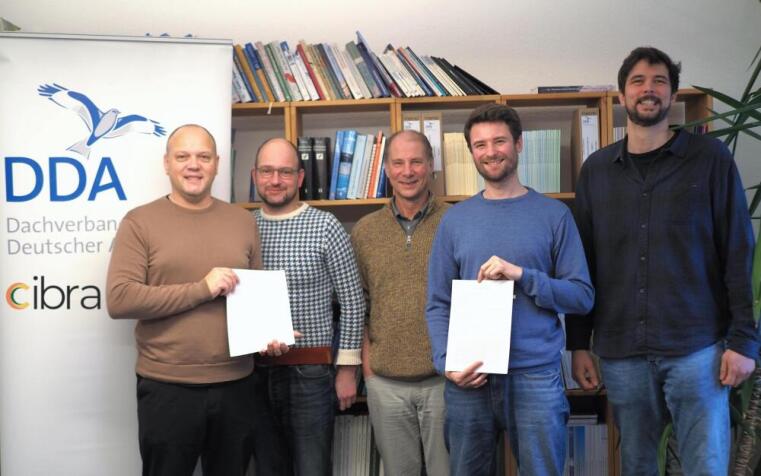What is CIBRA?
The Centre for Integrative Biodiversity research and Applied Ecology (CIBRA) provides a research platform on which partners from science and conservation practice work on interdisciplinary topics in biodiversity research and applied ecology. The aim is to better understand the interactions between humans, the environment and biodiversity, and to use this knowledge to develop solutions for the conservation and sustainable use of biological resources.
CIBRA provides the opportunity to actively test innovative and integrative methods in biodiversity research – for a future-oriented environmental monitoring. We not only translate our findings into practical applications, but also communicate our knowledge to the educational, political and social communities.



